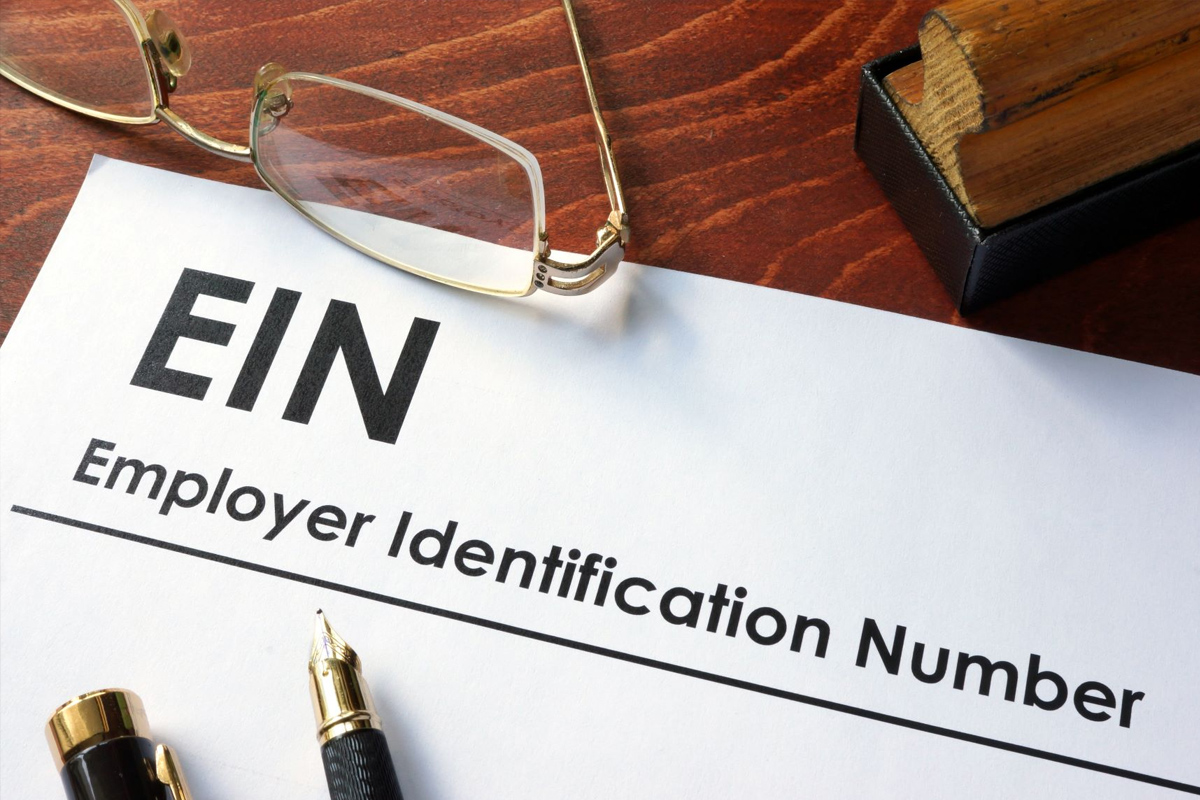

SERVICE DETAILS
- Expert(s) Brenda Williams, Gennifer Jones
- Location 18505 Plymouth Rd., Detroit, MI 48228
- Category Business Setup, Corporate Taxes, IRS
After your business is formed, you’ll need to apply for Employer Identification Number (EIN). An EIN is a nine-digit number that is issued by the IRS and used to uniquely identify employer tax accounts. Think of it as a Social Security Number (SSN) for your business. Our experts make filing your EIN application quick and easy.
What are the benefits of filing an EIN application?
Open a Bank Account
Most banks require that you have an EIN before you can open a bank account under your business name.Hire Employees
The IRS requires that every business must have an Employer Identification Number before hiring employees.Establish a Credit Profile
Filing an EIN allows your business to build its credit profile, separate from the credit profiles of its members or owners.We Handle The Paperwork
We make it easy by filing with the IRs on your behalf, and provide you with your employer identification number once complete.
An Employer Identification Number (EIN) is a unique number assigned to your business by the Internal Revenue Service that is used to identify a business entity, allowing you to file business income tax returns. Some other common names for an EIN are a “FEIN,” “E.I.N. Number,” “employer identification number,” or “Federal tax identification number”.
Much like an Social Security Number would identify an individual or sole proprietor (taxpayer identification number), an EIN will be used by the Internal Revenue Service (IRS) to identify a business entity for taxation. Unlike SSNs, They are considered to be less sensitive, so they are often used by entrepreneurs as their identification on government forms and official documents, since there is much less risk of identity theft.
While there are many benefits for almost any small business to apply for an EIN, there are some cases in which a business will be required to have one. If you answer yes to any of the following questions, you are required to have an EIN.
- Have you hired, or plan to hire, employees?
- Is your business incorporated as an LLC, partnership or corporation?
- Do you plan on opening a business bank account and establishing business credit?
- Do you file employment, excise, alcohol, tobacco or firearm taxes?
- Do you withhold income tax to a non-resident alien?
- Do you plan on changing your organization type?
Once you have incorporated your business, it becomes its own legal entity with you as its employee. You may still use your SSN to identify your business, but you must also have an EIN so the Internal Revenue Service can track the business, ensure it collects payroll tax, and file your business tax return.
If you plan to run your business as a partnership, you will also be required to have an EIN because the social security numbers of both partners cannot be used as identifiers. If you are unsure, you can get more information about the requirements on the IRS website.
A single member LLC can also file for an EIN for their business, although generally it is not required. A single member LLC is considered a disregarded entity by the IRS and is treated as a sole proprietorship, so all income is passed to the owners. However, you can use either your SSN or EIN when receiving 1099-MISC income.
Just make sure to report all these 1099-MISCs under your Schedule C since they all relate to your LLC business income.. This can provide added protection for your SSN, especially in cases where you may be providing W-9s to multiple businesses. If your LLC purchases property, or pays excise taxes, you may also use your EIN.
The best time to file an EIN for your business is after it has been legally formed. When you apply for an EIN, the IRS assumes that your business is already in existence.



